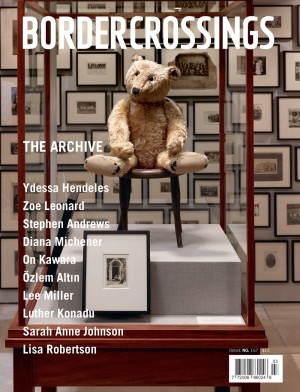Meeka Walsh
-

Intuitive Discipline
“I have painted myself in those reflections, so I am taking account of the actuality of the real moment. It is always a layering. I mean, how do you ever get to the real centre of anything? […]”
-
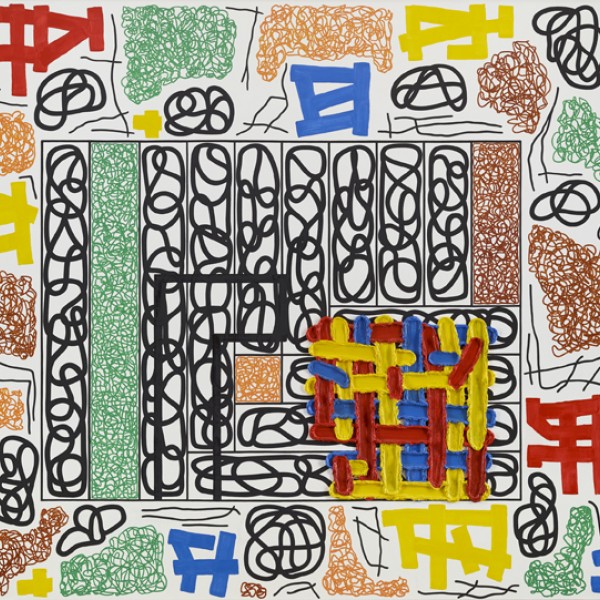
Certain Things in a Certain Way
I can think of few contemporary artists who have been as successful in developing and employing a repertoire of shapes, forms and motifs as the American painter, Jonathan Lasker. Throughout a rigorous and intense practice now in its fourth decade, he has refined a pictorial language and visual syntax that is uniquely his own.
-
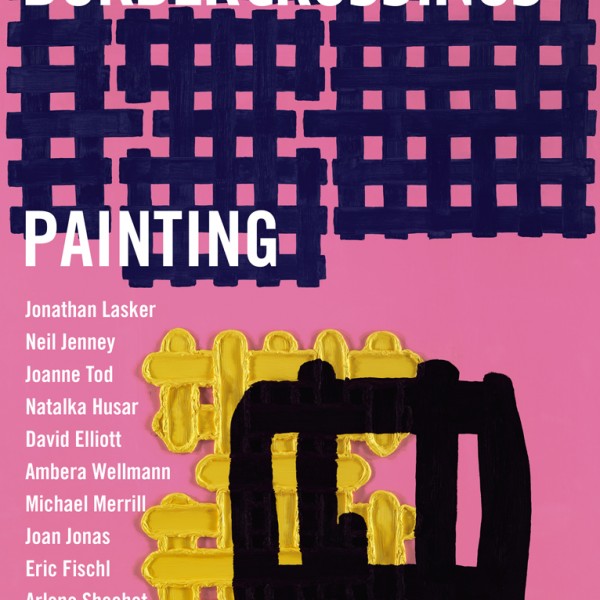
What We Talk About When We Talk About Writing About Art
What I responded to in Berger—because the manner of his writing and its meaning or subject were a coherent piece—was his disavowal, his disengagement with power, and here I include using language as an instrument of power…
-
Beauty and the Deferring and Balancing Beast
-

The Continuous Contradiction: Making and Unmaking in the Art of Carlos Bunga
Carlos Bunga is a self-described nomad, peripatetic in every way. In the interview which follows he explains that he doesn’t have a house, travels continually from one place to another, but more importantly he is nomadic in the agility of his mind, his capacity, as he says, to break firmly held impediments to the way he thinks.
-

House of Illusion
Meeka Walsh’s introductory essay to Art + Architecture
-
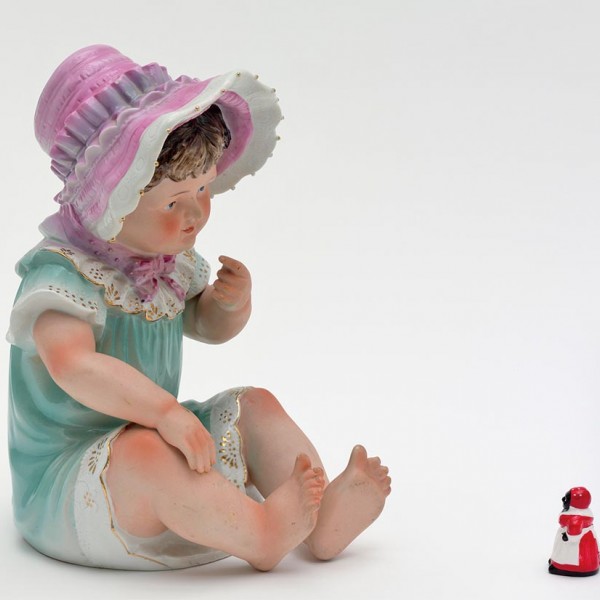
Degrees of Subversion
Nature may play a role in how we look but nurture determines what we become. Fred Wilson grew up in a mixed Caribbean and African American family with a devotion to learning. There are now three generations of educators in his family, so it is not surprising that he would find himself a teacher as well, in public galleries, universities and, most significantly, in his role as one of America’s most persuasive conceptual artists.
-

Robert Walser: looking at pictures and the soft, cold, lethargic sun
Engaged with art writing as I am, it is with some nervous reluctance that I ask myself, what is it? What is it that art criticism, art writing is supposed to do?
-

Vagaries, Quirks and a Cracked Kettle: The Way of Translation
“I am not frightened of the truth. I am not afraid to tell a secret. But until now, words have been frailer and more cunning than I would have liked.”
–from Meeka Walsh’s introductory essay to Issue 136: Son et Lumière.
-
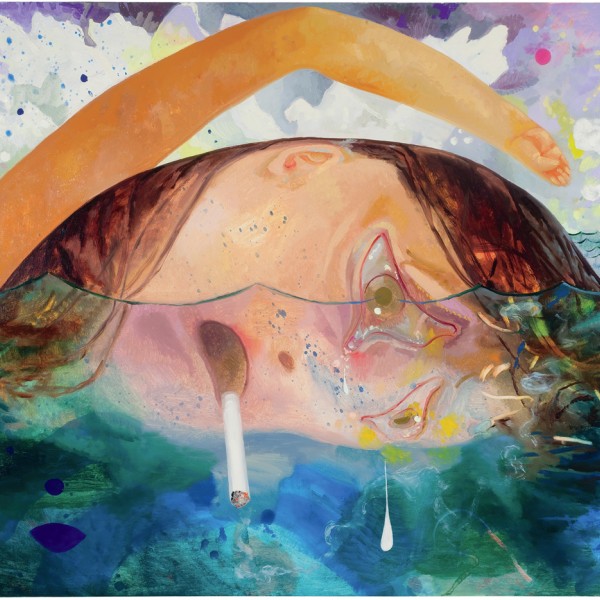
I Like the World and the World Likes Me
Schutz’s paintings are real things, built subjects sometimes surprising her with their own volition and once done—there and actual.
-
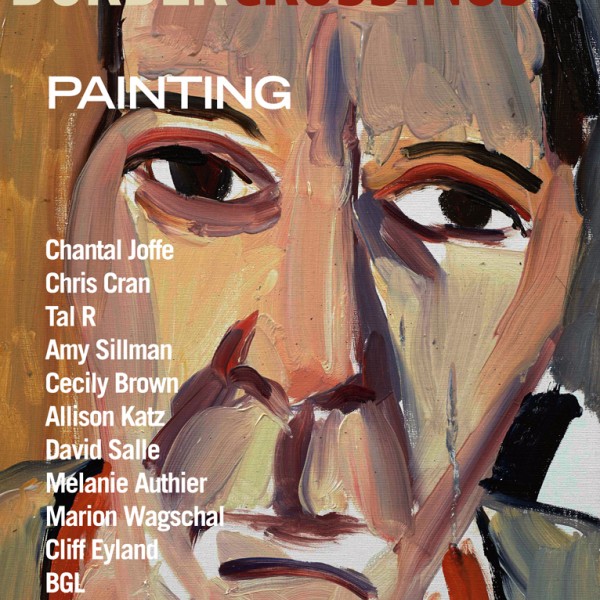
Life is Puzzling
Édouard Levé wrote Autoportrait in 2005. It was followed by his book Suicide in 2007, and then by death at his own hand so shortly after. The English edition appeared in 2012, seamlessly translated by Lorin Stein, editor of The Paris Review, if you can say about a book of apparent fragments that it is seamless…
-

Kim Gordon: Star Turns
Meeka Walsh’s introductory essay to Issue 134, the all women issue.
Kim Gordon has just published her memoir, Girl In A Band (William Morrow, Dey Street, 2015) and the opening chapter is called “The End.” After 30 years Sonic Youth, the band she co-founded with Thurston Moore, whom she married three years later, was playing its final concert in a small town outside São Paulo, Brazil, in the rain. Their marriage of 27 years had just ended. The South American tour was a final commitment, the last one to be met as Sonic Youth…
Haven’t found what you're looking for? Explore our index for material not available online.

